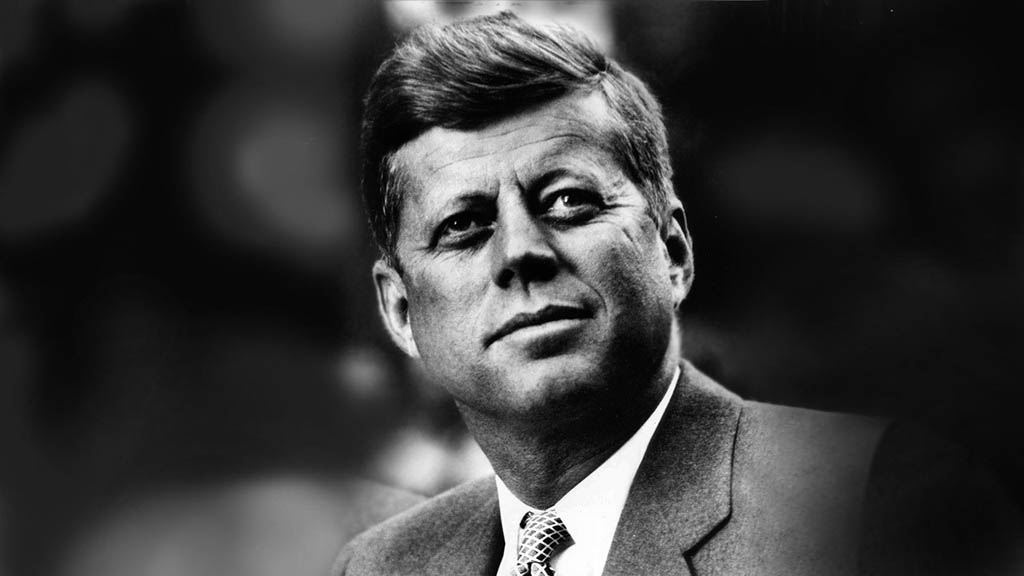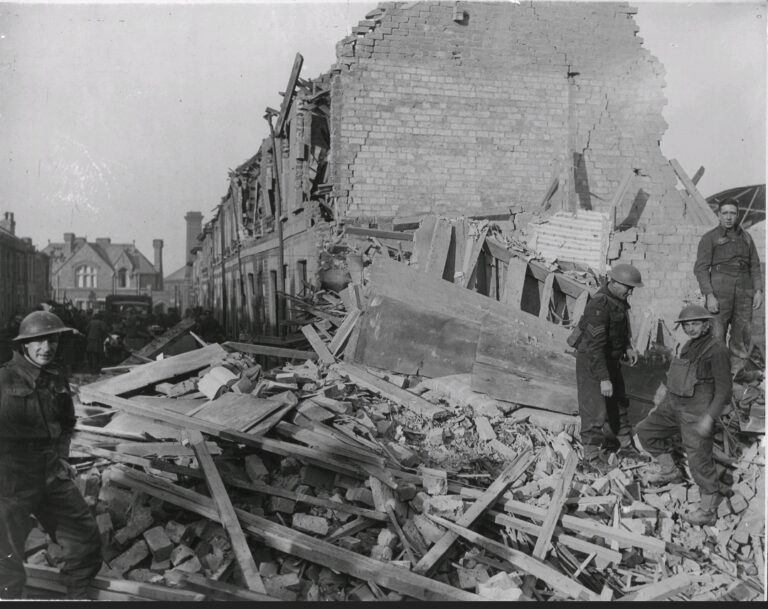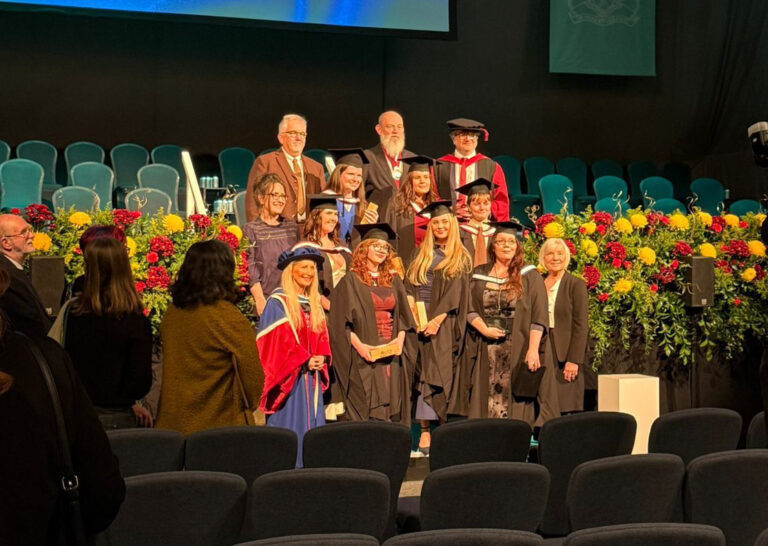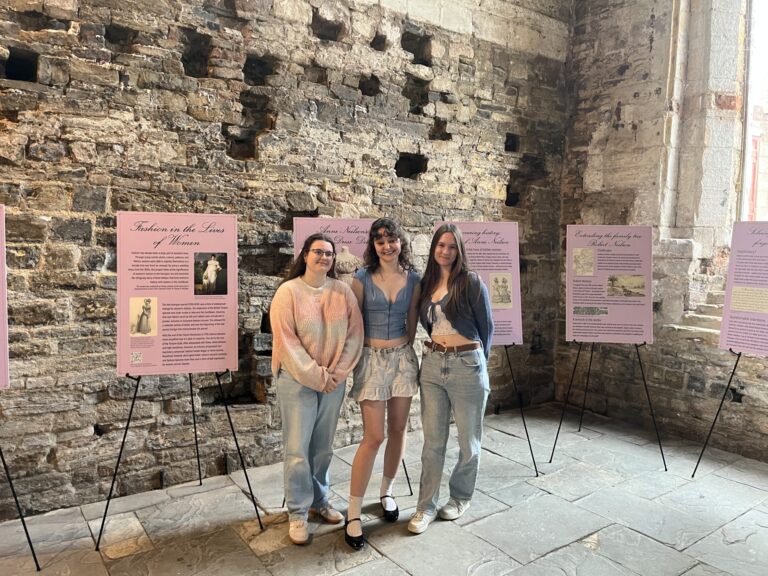| History
What’s all the fuss about JFK?

This Friday 22nd of November marks the 50th anniversary of the assassination of John F. Kennedy in Dallas, Texas. This anniversary has been marked by numerous newspapers articles, television documentaries, radio discussions and even a new film, Parkland, directed by Peter Landsman, and starring none other than teen heartthrobs Zac Efron and Tom Welling alongside Billy Bob Thornton. For those interested in the subject of Kennedy’s assassination and his brief presidency, it has been almost impossible to keep up with the media attention that has marked this anniversary. This is not to mention the scores of books, films and documentaries that have gone before: biopics, home movies, conspiracy theories, reconstructions of that day in Dallas, and nostalgic recollections of the nation’s greatest ever president. It automatically begs the question – why?
This question is all the more intriguing when one considers Kennedy’s presidency in its historical context: his questionable record on Civil Rights, the failure to directly address the plight of the poor Americans, not to mention the fact that his approach to the Soviet Union during the Cold War brought the world to the brink of nuclear war during the Cuban missile crisis. The opinions of historians on Kennedy vary from narratives of failure on these important issues, while others are more sympathetic to the fact Kennedy had little room for manoeuvre in Congress, and was assassinated before he could affect any real change. Nonetheless, Kennedy receives much more attention than any of the other three assassinated American presidents, including Abraham Lincoln. Many Americans cling to a very sentimental and nostalgic memory of the young president, and the fierce attachment to this memory was never more evident when the 2010 mini-TV series The Kennedys was released. The series, starring Greg Kinnear and Katie Holmes, was heavily criticised for its unflattering representation of JFK and his family, highlighting their drug dependencies, infidelity, and corruption. Again, why this reaction? Why are the Kennedys still so revered and loved by many Americans? Would Kennedy have been as loved had he not been assassinated?
I believe that it is the job of historians to try and answer these questions. Would anyone like to start??



